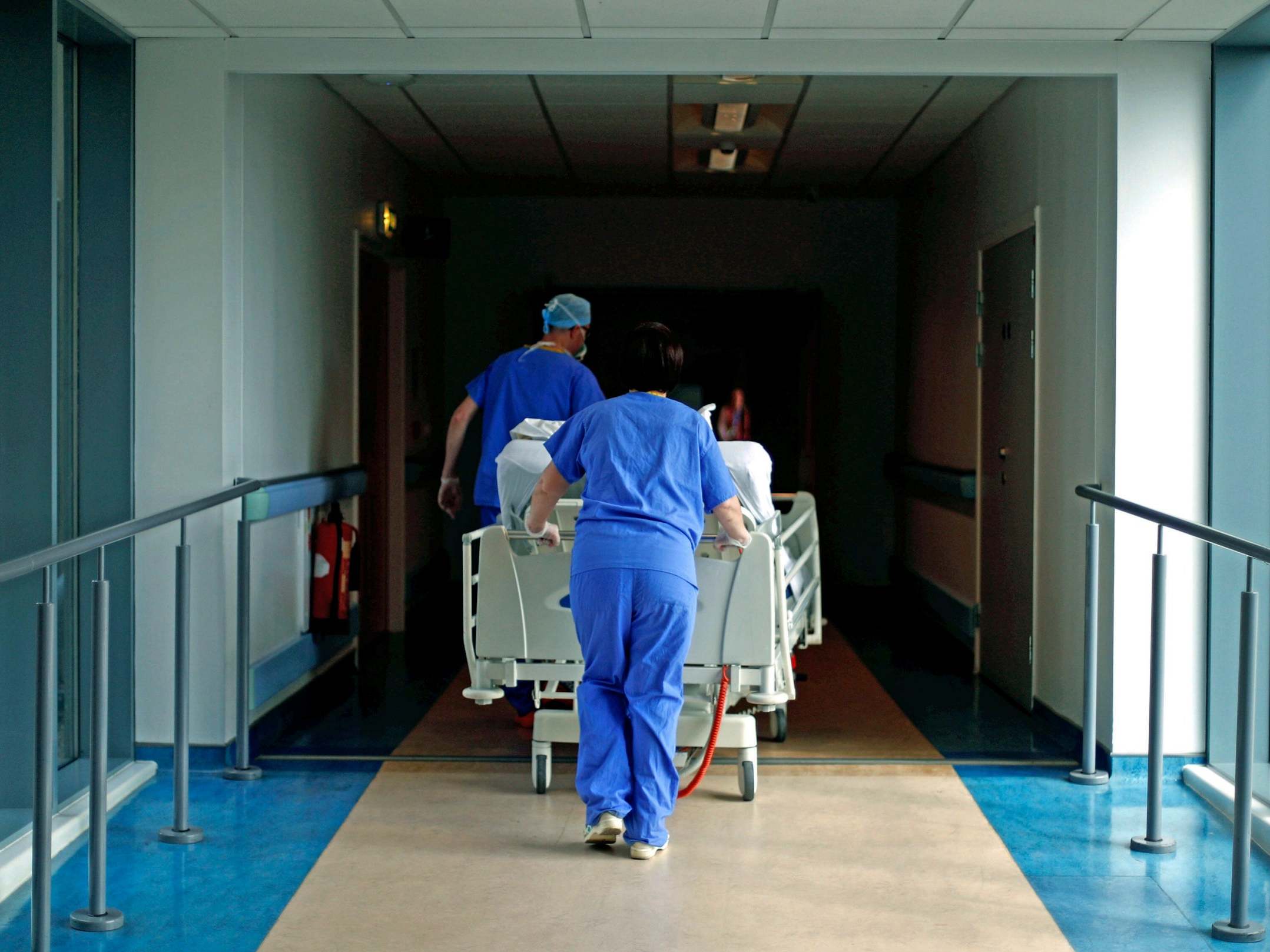Coronavirus: People in deprived areas face higher risk of death – with women disproportionately affected
'Without significant action, there is a real risk that those facing the most disadvantage will eventually pay the highest price'

The risk of dying from coronavirus is more than twice as great in the most deprived areas of England – with the disparity largest for women, analysis shows.
A study by the Health Foundation of deaths from Covid-19 showed women in the most deprived parts of the country had a risk of dying that was 133 per cent higher than those in the least deprived neighbourhoods.
Between men the difference in risk was 114 per cent higher in worse-off areas, suggesting that while deprivation is a key factor in risk of death from coronavirus for both sexes, its effect is worse for women.
Experts say the evidence shows the impact of Covid-19 is falling disproportionately on the poorest in society.
Mai Stafford, principal data analyst at the Health Foundation, told The Independent: “This pandemic could and should be a watershed moment in creating the social and political will to build a society that values everyone’s health now and in the long term. Without significant action, there is a real risk that those facing the most disadvantage will eventually pay the highest price.”
The think tank took official death data published by the Office for National Statistics and aligned it to local authority deprivation scores. It said the burden of the virus was not being shared equally and – while there were known risks for older people, black and minority ethnic groups and those working in health and social care – other factors needed to be considered.
The charity said 25 per cent of Covid-19 patients admitted to intensive care were from the most deprived communities, while just 15 per cent of the richest areas needed critical care. When looking at deaths based on age alone, the death rate for the most deprived is double that of the least deprived.
When the experts looked at sex, they found that while more men were dying from Covid-19, the risk for women was disproportionately higher than men in the most deprived areas.
For men, the age-standardised rate in the least deprived groups was 35.9 deaths per 100,000 of the population, with the rate in the most deprived areas 76.7 per 100,000.
For women, the age-adjusted rates were lower at 17 deaths per 100,000 population in the least deprived areas and 39.6 per 100,000 in the most deprived.
The Health Foundation said: “Whatever factors are contributing to the greater risk of dying with Covid-19 in more deprived areas could be operating more strongly for women. All-cause mortality for the same period did not show a steeper socioeconomic gradient among women. We do not know why this might be, and further analysis using data over a longer period is needed to look at the all-cause and Covid-19 death rates among men and women.”
It added the results could change as more deaths outside London were included.
The coronavirus epidemic has come after a decade of austerity in the UK with a major report from Professor Sir Michael Marmot in February warning of an “unprecedented” drop in health over the past 10 years.
Ms Stafford said: “Covid-19 has brought existing health inequalities into sharp relief. Once the emergency response is over, the government urgently needs to start thinking longer term, implementing a national cross-government health inequalities strategy. Key areas requiring attention include further strengthening of the social security system, greater investment in public health services, and a significant effort to improve the quality of jobs for those that have been undervalued and underpaid.”
Subscribe to Independent Premium to bookmark this article
Want to bookmark your favourite articles and stories to read or reference later? Start your Independent Premium subscription today.

Join our commenting forum
Join thought-provoking conversations, follow other Independent readers and see their replies